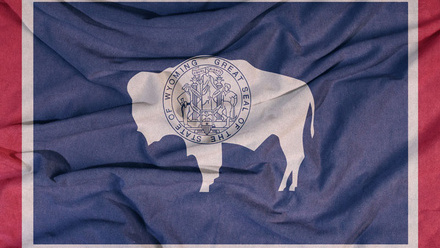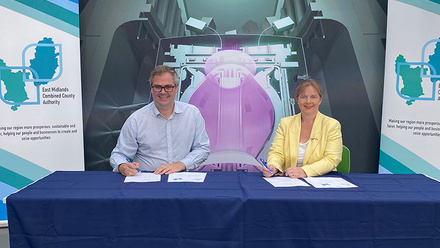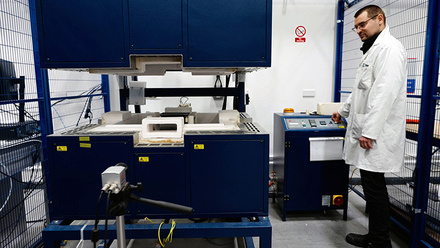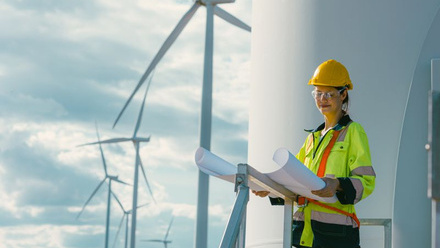IOM3 responds to checkpoint for future oil and gas licensing on the UK Continental Shelf consultation
In January 2022, the Department for Business, Energy & Industrial Strategy (BEIS) sought views on the design of a new climate compatibility checkpoint for new oil and gas licensing.
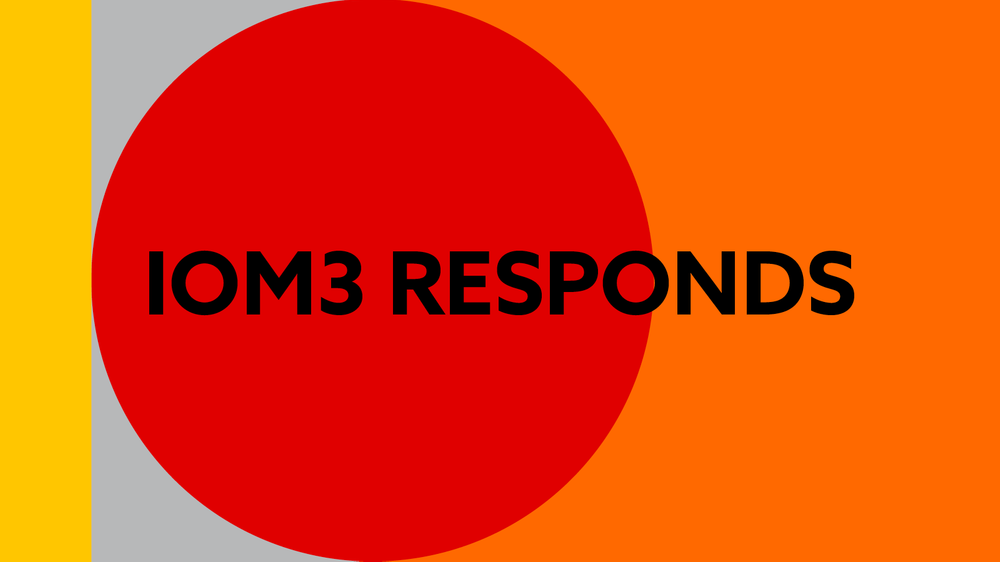
The IOM3 response to this consultation is underpinned by the following:
The North Sea Transition Deal agreed between the UK Government and the offshore oil and gas industry, through the trade association Oil and Gas UK (OGUK), defines key outcomes that underpin the UK transition to net zero. IOM3 believes that it is therefore appropriate to use the commitments in the North Sea Transition Deal as the basis against which to assess delivery in the checkpoint.
Climate change is a global issue and the location of greenhouse gas (GHG) emissions is irrelevant. Therefore, replacing domestic production of anything, including oil and gas, with imports that have a greater carbon intensity will accelerate climate change. IOM3 therefore considers that providing the emissions associated with domestic production of oil and gas are equal to, or lower than, the emissions associated with importing oil and gas then domestic production should take precedence. Likewise, where the emissions associated with exported UK oil and gas are equal to, or lower than, alternatives sources then the UK should export.
IOM3 CEO Colin Church CEnv FIMMM, says ‘To tackle the climate crisis, the world needs to wean itself off fossil fuels. But we cannot move away from oil and gas immediately, so in the meantime we must ensure that we minimise the greenhouse gas emissions associated with its production. Where oil and gas produced in the UK is less carbon intensive than that produced elsewhere, it is right that we continue to extract and use it in preference to more damaging sources elsewhere.’
The full consultation response document can be found below. IOM3 would like to thank its members who helped contribute to the consultation response.



